Africa Investment Forum Secures $15.3 Billion, 39 Bankable Projects at 2025 Rabat Gathering
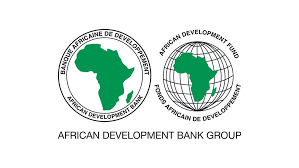
The 2025 Africa Investment Forum (AIF) Market Days wrapped up on Friday in Rabat, Morocco, with $15.3 billion in investment interest covering 39 bankable projects, underscoring a growing global appetite for African opportunities.
African Group holds a One Day Retreat to reflect on the UN80 Initiative
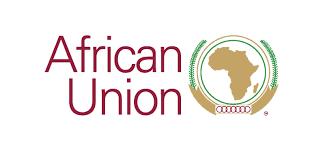
The Permanent Observer Mission of the African Union (AU) to the United Nations (UN) On November 26, 2025, hosted a one-day retreat for the African Group of Permanent Representatives to the UN. The retreat provided a platform to deliberate and exchange views on the UN80 Initiative, under the theme: “Strategic African Response to the UN80 Reform Initiative.” Participants included Deputy Permanent Representatives (DPRs), experts, African Group Coordinators of United Nation General Assembly (UNGA) Committees, and staff from the AU Permanent Observer Mission.
COP30: African Development Bank Group Backs Increased Access to Climate Finance for Electricity Grids and Energy Storage
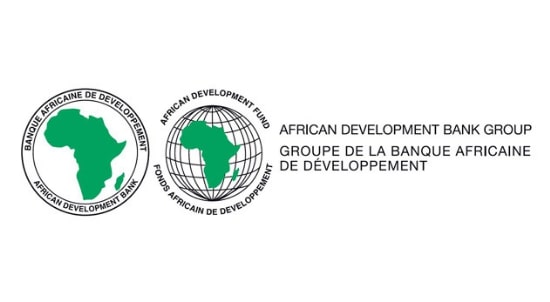
The African Development Bank Group and several other national and international institutions have endorsed a common framework to increase the access to climate finance for grid investments.
COP30: The African Development Bank Highlights the essential role of climate finance for conflict-affected countries

The African Development Bank Group is playing a key role in supporting conflict-affected countries facing climate disruptions, Bank officials emphasised during a COP30 panel discussion on 12 November in Belém.
ICIEC and Afreximbank Forge Strategic Partnership to Boost Arab–Africa Trade and Investment
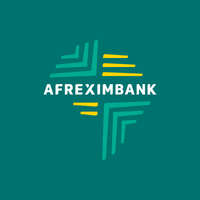
The Islamic Corporation for the Insurance of Investment and Export Credit (ICIEC), a Shariah-based multilateral insurer and member of the Islamic Development Bank Group, and African Export‑Import Bank (Afreximbank) are pleased to announce the signing of a memorandum of understanding (MoU) to strengthen their cooperation in promoting trade and investment flows across Arab and African countries.
African Union Commissioner Outlines US$30 Billion Infrastructure Investment Plan at Luanda Summit, Prioritizing SAATM Modernization
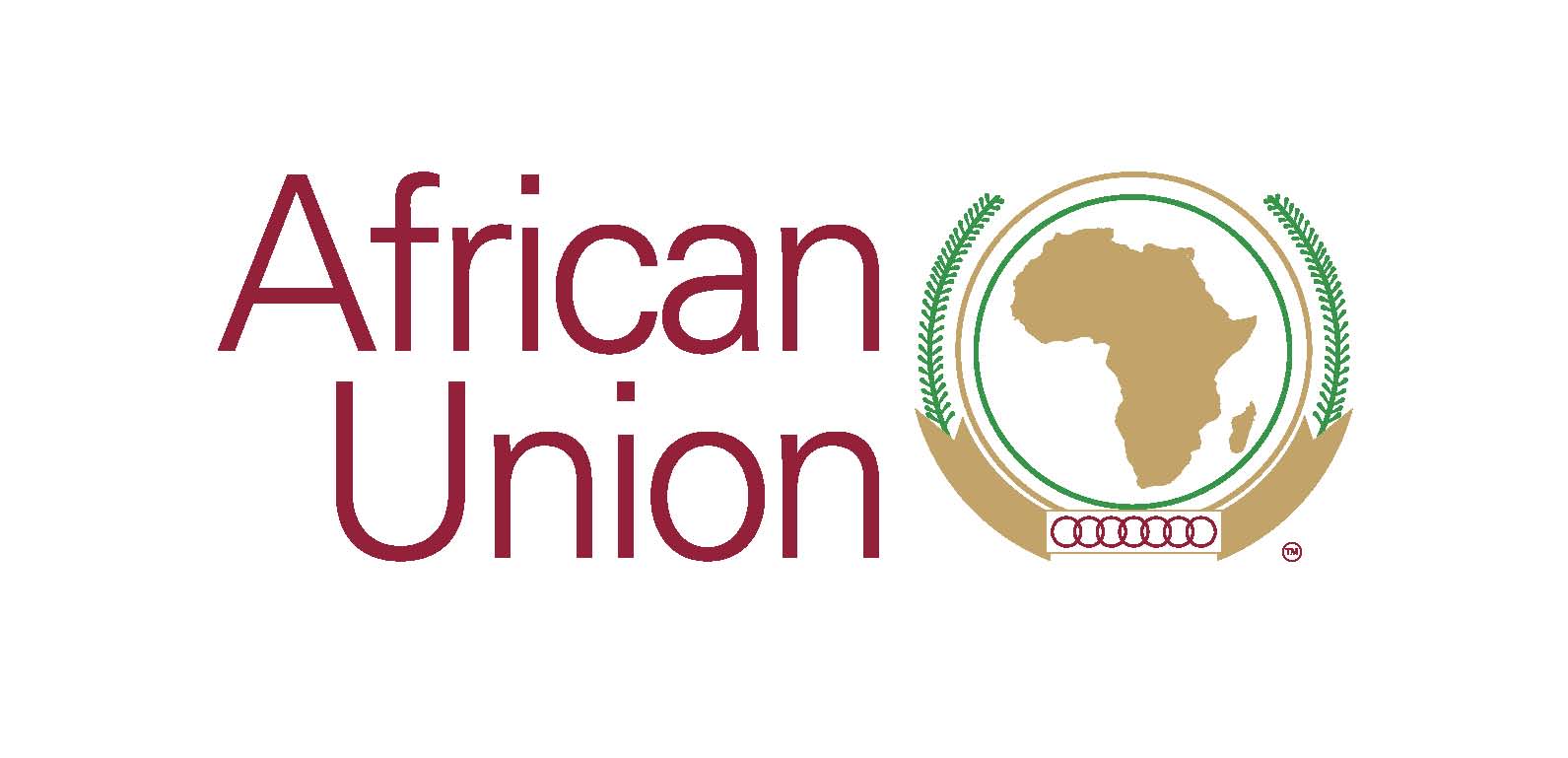
At the III Financing Summit for Africa’s Infrastructure Development, H.E. Lerato D. Mataboge, African Union Commissioner for Infrastructure and Energy, announced an ambitious US$30 billion investment plan to modernize the continent’s aviation infrastructure under the Single African Air Transport Market (SAATM). Speaking during the high-level session on Financing and Modernizing African Civil Aviation Infrastructure to Promote Integrated Continental Airspace and Enable Free Movement Under SAATM, the Commissioner emphasized aviation’s pivotal role as both an engine of integration and a cornerstone of Africa’s economic transformation.
African Development Bank’s $211.4 million investment to enhance agriculture and create jobs in Eastern Angola

The African Development Bank Group has approved a $211.4 million financing package to boost agricultural production and create thousands of jobs in eastern Angola.
The Eastern Region Agricultural Value Chain Development Project aims to transform the area into a major food hub for Angola and neighbouring countries, leveraging its strategic position along the Lobito Corridor economic zone.
African Development Bank Group grants $100 million loan to Emerging Africa and Asia Infrastructure Fund (EAAIF) to support development of sustainable infrastructure

The African Development Bank Group is boosting sustainable infrastructure development across Africa through a new $100 million loan to the Emerging Africa and Asia Infrastructure Fund (EAAIF). The financing, approved by the Board of Directors, will help the Fund attract private investment and support projects in renewable energy, digital connectivity, transport and other key sectors that promote inclusive growth and climate resilience.
FEDA Announces Landmark Investment in A2MP to Drive Africa’s Mining and Industrial Transformation

Kigali, Rwanda 12 November 2025: The Fund for Export Development in Africa (FEDA), the development equity impact investment arm of African Export-Import Bank (Afreximbank), is pleased to announce a US$300 million strategic investment in the Africa Minerals and Metals Processing Platform (A2MP).
FEDA Announces Strategic Investment in Spiro to Accelerate Africa’s Electric Mobility Transition

Kigali, Rwanda, 10 November 2025: The Fund for Export Development in Africa (FEDA), the development equity impact investment arm of African Export-Import Bank (Afreximbank), has announced a $75 million investment in Spiro, the leading electric two-wheel assembler in Africa with the fastest growing battery swapping infrastructure. This investment is fully aligned with Afreximbank’s broader automotive strategy, to develop integrated manufacturing ecosystems by fostering strategic partnerships across the entire value chain, from technology providers to local industrial champions.




